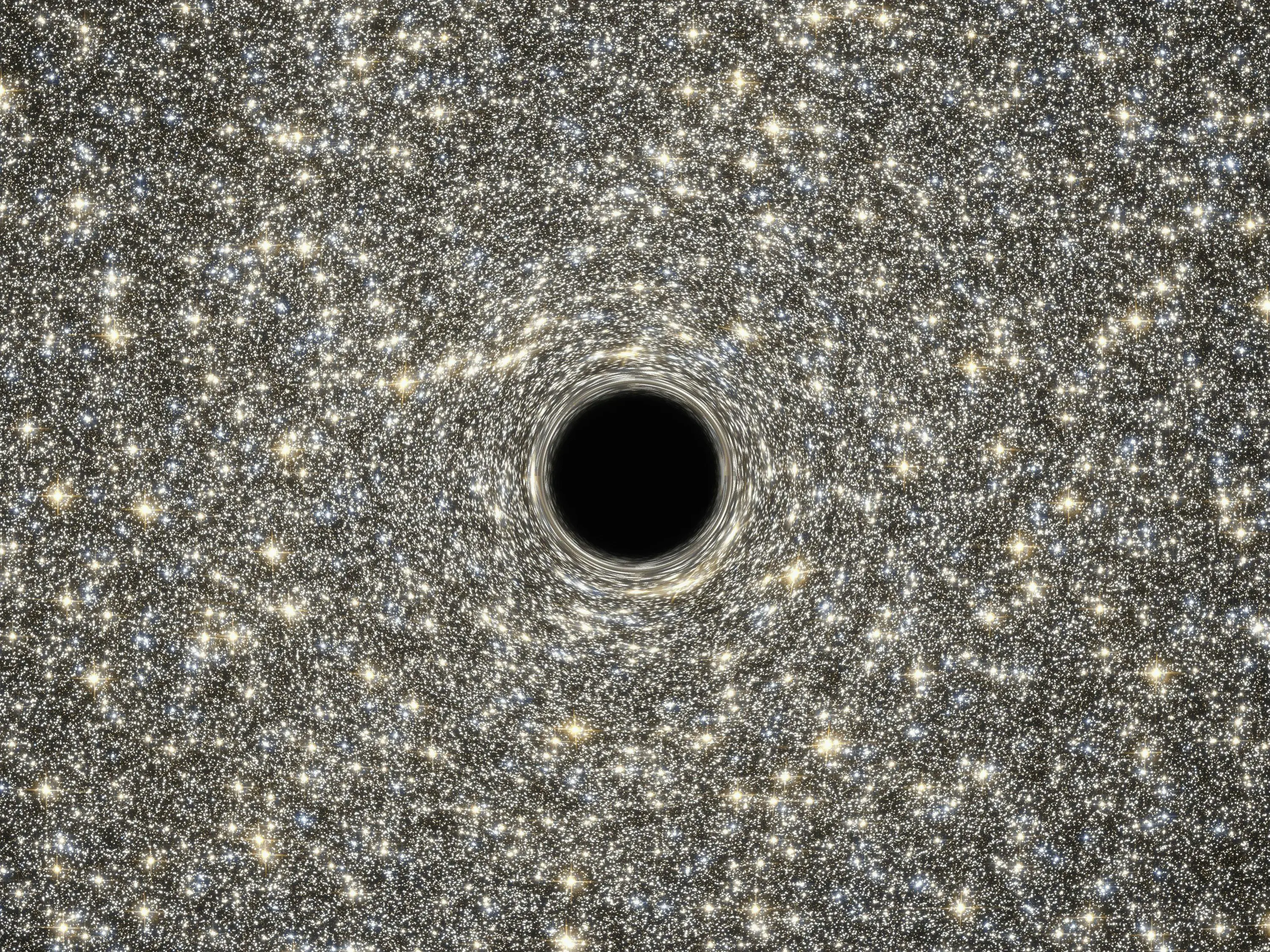Black Holes And The Quest For Unified Physics: Insights From Nobel Laureate

Renowned theoretical physicist and Professor Emeritus at Utrecht University, Gerard 't Hooft, recently captivated an audience at King's College with his revolutionary ideas on black holes and fundamental forces. Known for his pioneering work in gauge theories and the holographic principle, 't Hooft's insights have profoundly impacted our understanding of physics over the past fifty years.
In a lecture titled “The Quantum Black Hole with (Almost) No Equations”, 't Hooft examined black hole behavior using minimal equations, challenging conventional views. His exploration delved into whether black holes adhere to ordinary physical laws or if they operate in a realm entirely their own. He postulated that if the laws of physics apply within black holes, they could provide the most credible laws of physics.
Drawing on the work of Albert Einstein, 't Hooft suggested that instead of altering physics laws, we should reformulate them to ensure coherence. This quest has been a cornerstone of physics for a century. He praised the legacy of Peter Higgs, whose discovery of the Higgs Boson particle contributed to the Standard Model, a comprehensive framework of particle physics.
Building on Stephen Hawking’s theories, 't Hooft discussed how black holes not only absorb but also emit particles. This was linked to a concept called the Shapiro effect, which helped him analyze the interactions between particles entering and leaving a black hole.
In his groundbreaking conclusion, 't Hooft revealed that meticulous calculations might unveil a surprising revelation: the existence of two universes, where one mirrors the other. This perspective suggests that black holes operate under the same natural laws as familiar objects like bricks or stars.
His lecture concluded with reflections on the complexity and beauty of theoretical physics. For 't Hooft, these puzzles are not just challenges but “a magical bit of sunshine.” The event also featured a technical workshop, where other physicists showcased how 't Hooft's work had influenced their research.
The annual Higgs Lecture, named after Peter Higgs, has hosted eminent scientists, including Nobel Laureates and distinguished academics, since 2012. This tradition continues to inspire and provoke thought in the ever-evolving field of physics.